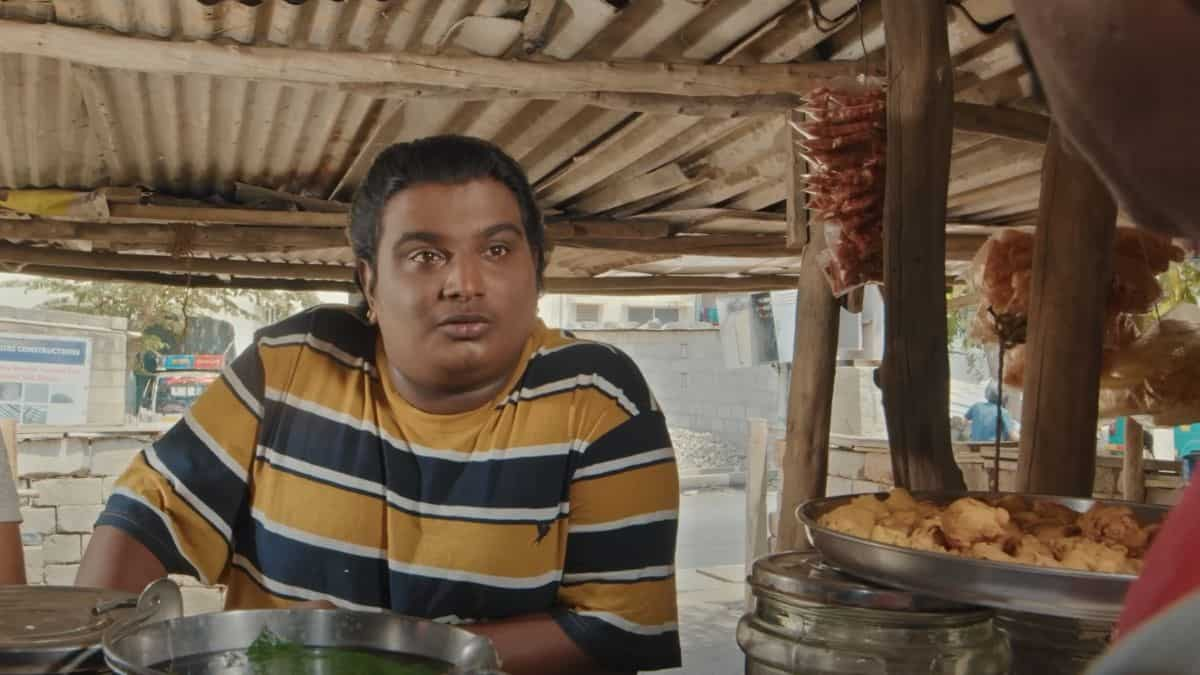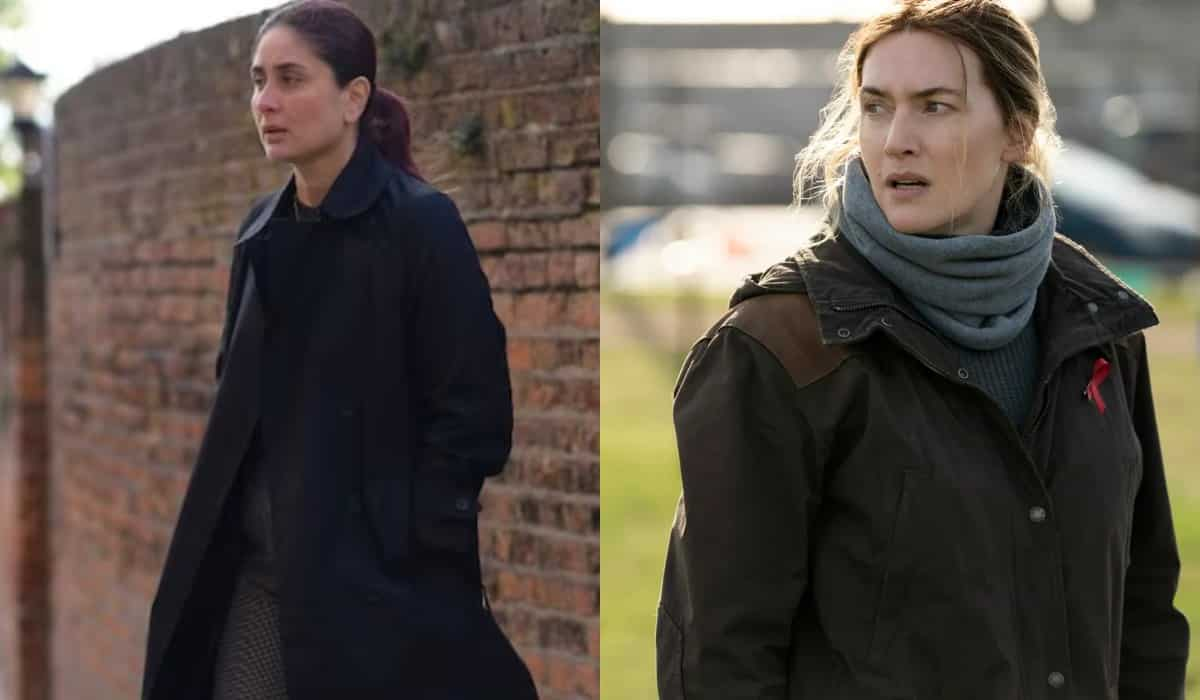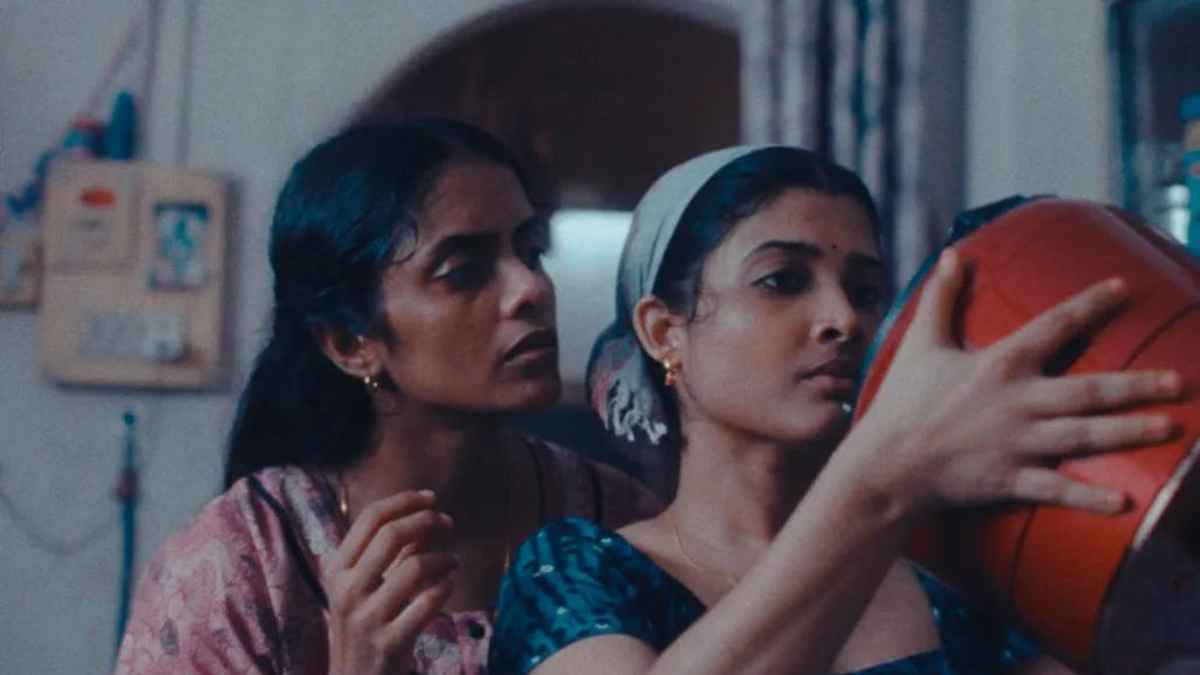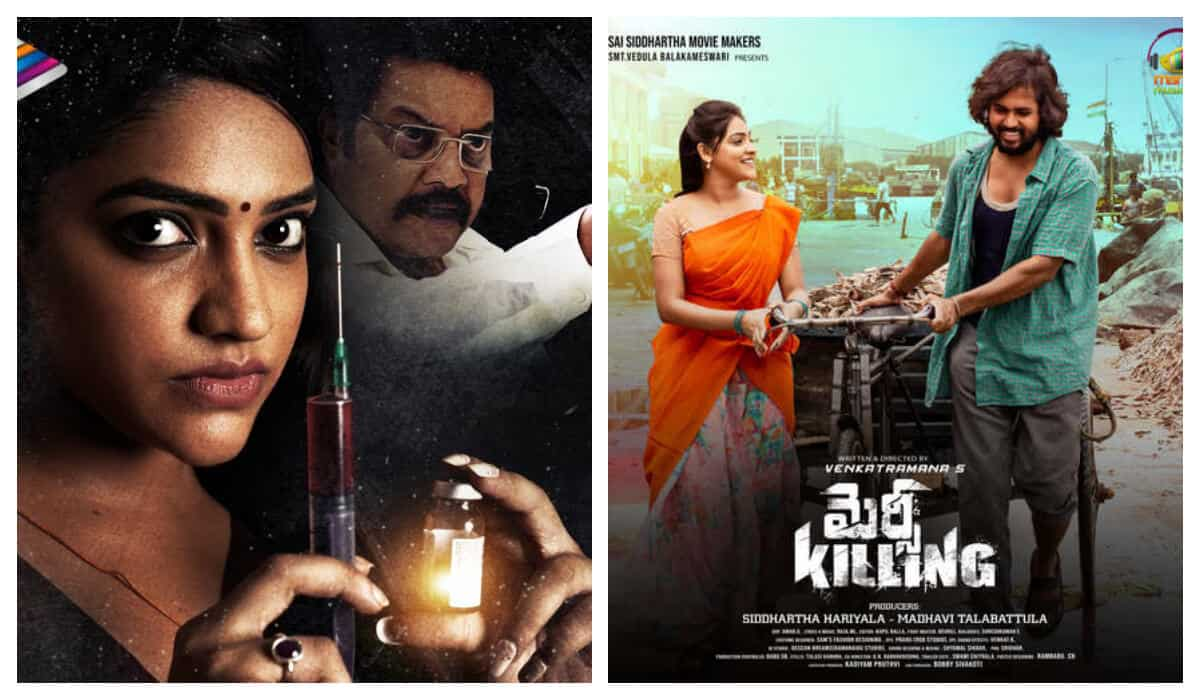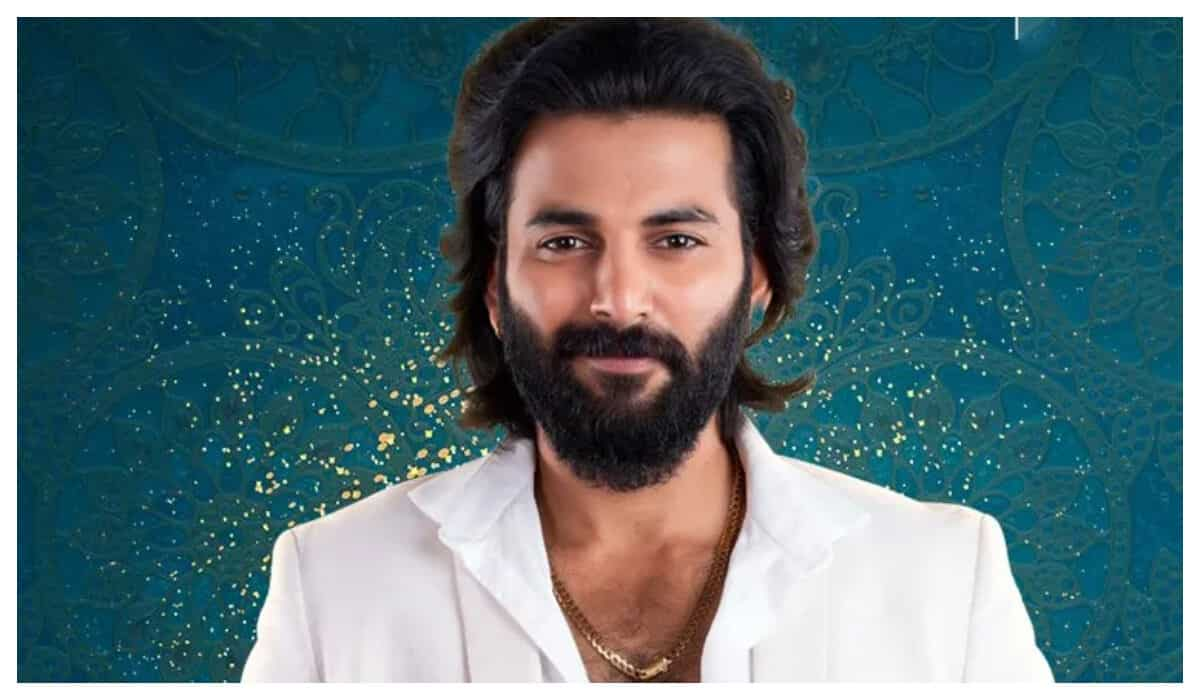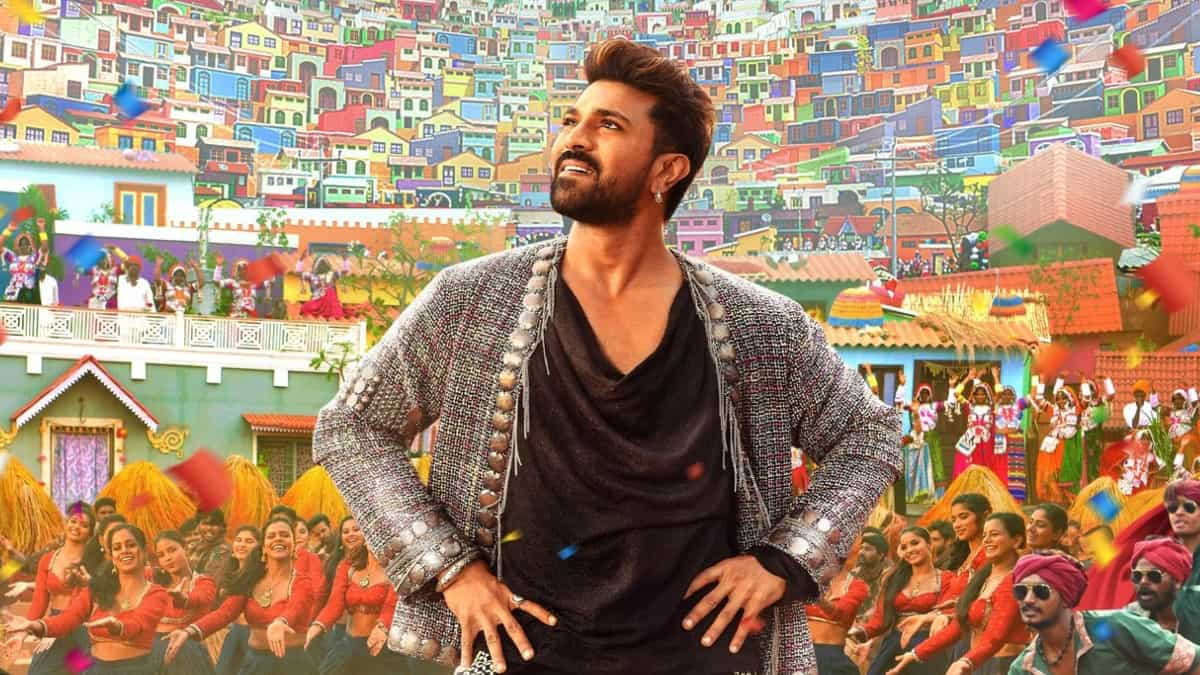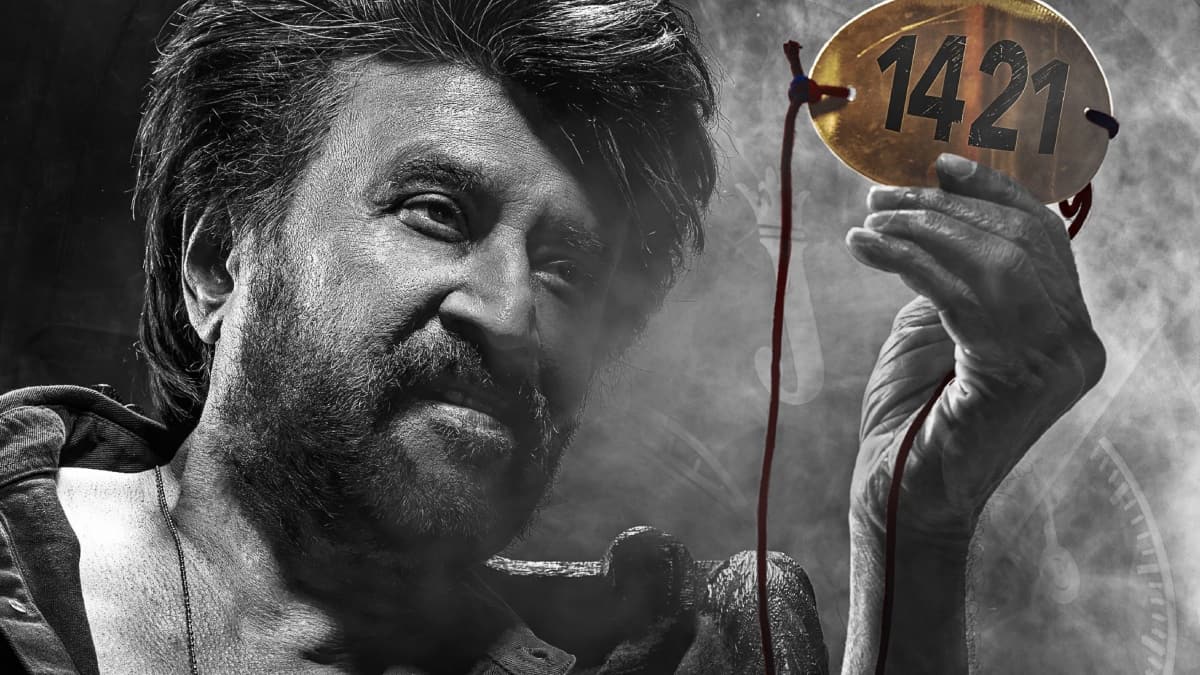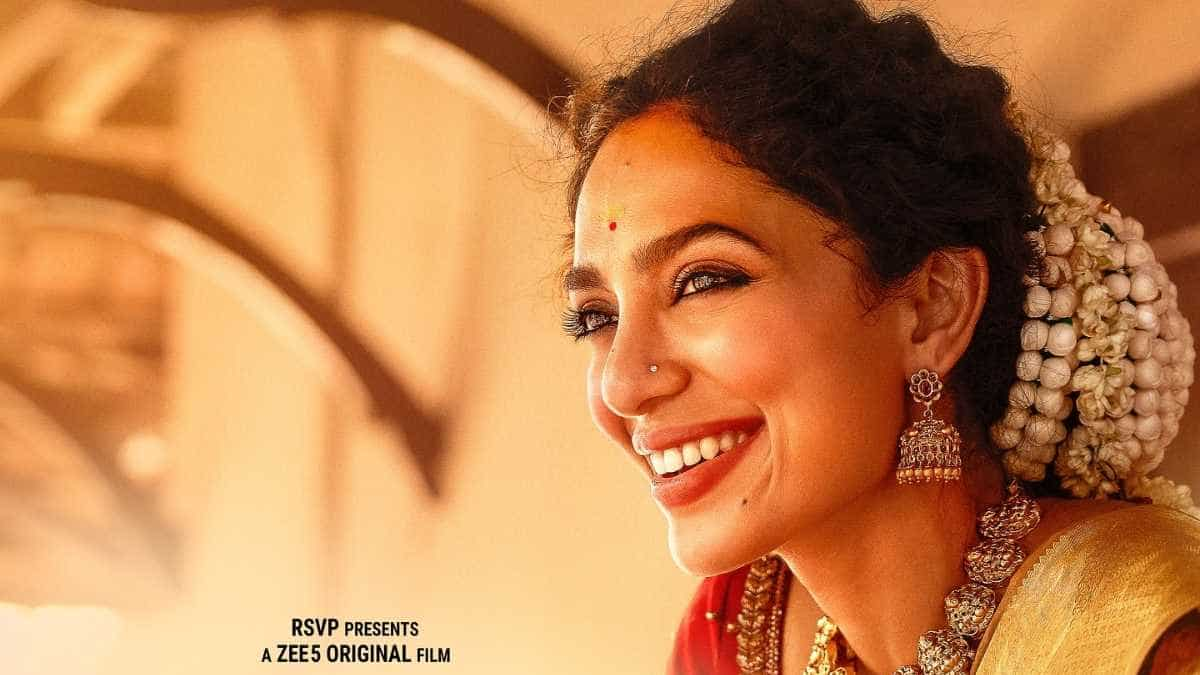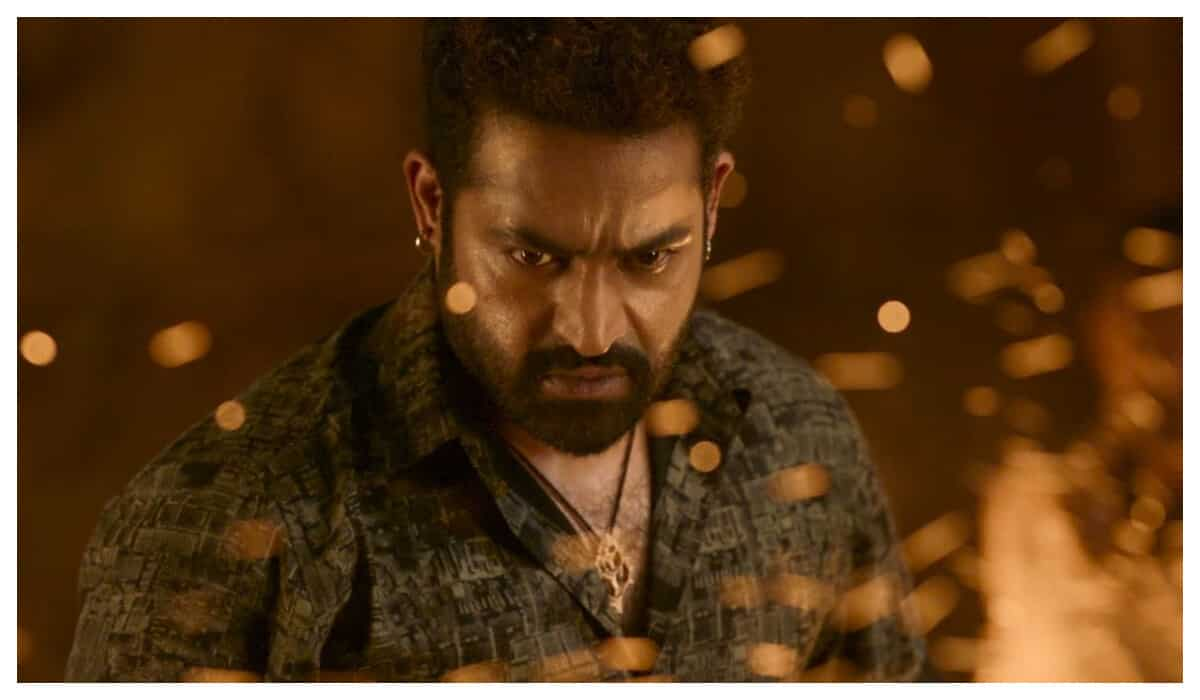
Ladies’ knights: These women directors are building a fresh new masculinity
5 months ago | 20 Views
We know what happens sometimes when men write about women. Breasts, hips (even ponytails) sway as heroines go the mall or to war. Women characters serve only to push men’s journeys forward, to talk about men and disappear from the story after the item number. They rarely showcase the range of the female experience.
But when the roles are reversed, and women filmmakers craft male characters, something unusual happens -- usually. It gives men, even muscled heroes, the kind of depth that audiences rarely see. Men are allowed to be vulnerable, exhausted, communicative, human. Audiences get to see what green flags actually look like in a romantic partner. Check out how many “Bro is a green forest”-type comments pop up on clips of Farhan Akhtar from Dil Dhadakne Do (2015), Irrfan Khan in Qarib Qarib Singlle (2017) and Ranveer Singh in Rocky Aur Rani Kii Prem Kahani (2023).
Men seem to love it too. Filmmaker Tanuja Chandra recalls something the late actor Irrfan Khan told her when they were shooting Qarib Qarib Singlle. Khan plays Yogi, the male lead in a rom-com about two people with contrasting personalities connecting on a dating app. Yogi is attractive, but more whimsical than macho. “He’s someone who considers a woman his equal, if not better, and would never cross a boundary with her,” Chandra says. “Irrfan said that we had written a male character whom women longed for in real life. Someone who had flaws and annoying qualities that made him real, but who was also tender and respectful and a feminist,” she says. “I told him, ‘Why not? If one can’t do this in movies, where else might one do this?’”
Today’s women filmmakers are determined to give their characters, male and female, a break from the tired tropes so audiences can breathe easy too. See how they do it.
Boy meets world

Tanuja Chandra decided she wanted to be a filmmaker three decades ago. Her first film, Dushman (1998) was a psychological thriller about a woman looking for revenge. It put Kajol in a lead role at a time when Bollywood was churning out formulaic blockbusters such as Soldier, and bro-centric films such as Bade Miyan Chote Miyan.
Chandra has since made Sangharsh (1999), Sur (2002), Zindaggi Rocks (2006), Hope and a Little Sugar (2008), and Qarib Qarib Singlle (2017). More recently, she directed the docu-series Wedding. con about conmen who pose as perfect grooms.

Over the last decade, the new masculinity has popped up on screen in unusual ways. Gauri Shinde wrote and directed Dear Zindagi (2016), giving Shah Rukh Khan the role of therapist Jehangir Khan in the coming-of-age drama. To know how audiences responded, look at the film’s afterlife online: Articles about the emotional lessons we can learn from him, opinion pieces that call him a healer, comments about him being “the absolute comfort character”. Shonali Bose’s 2019 romantic comedy-drama, The Sky is Pink, cast Farhan Akhtar as a supportive husband, and father to a young daughter with a severe immunodeficiency condition. For viewers, it’s a new benchmark for heroes with a heart.
Back to the drawing board

Writer and director Alankrita Shrivastava believes that women filmmakers tend to present a better-rounded idea of masculinity on screen because they know what it’s like to be pigeonholed and ignored. Her directorial debut Turning 30 (2011) focused on a woman whose ideas are stolen at work and whose boyfriend dumps her in the days leading to the 30th birthday. It’s a tale not of redemption but validation, set in a world where ambition isn’t just a male prerogative. Her other work includes the acclaimed Lipstick Under My Burkha (2016), Dolly Kitty Aur Woh Chamakte Sitare (2019) and Bombay Begums (2021).
Shrivastava usually tells her stories from the point of view of a woman character, so audiences get to see men as the women experience them. It’s not always easy to watch. “It’s more candid, a more unvarnished look at men,” she says. “I’ve often been told, ‘Your male characters aren’t nice’.”

It’s a refreshing change from the stereotype of the hero being faultless, the perfect dancer, the patriot, the pathological saviour or the one-dimensional villain. She also directed and co-wrote several episodes of Made in Heaven’s (2019 -) first and second seasons, in which she included the story of Arjun Mathur, a gay wedding planner. “I loved creating that character because we haven’t seen a gay man on screen who’s just a human being. It’s always either a serious tragedy or a caricature,” she says. “That’s the kind of stuff that women can bring to the table; it’s sensitivity but also seeing the ugly side of patriarchy.”
Role reversal

Filmmaker Supriya Sobti Gupta, meanwhile, is realising that non-fiction filmmaking needs an entirely different intervention from a woman.
She worked as an investigative journalist with BBC and Al Jazeera in the UK. Her documentary work includes producing Bad Boy Billionaires: India (2020) and Mumbai Mafia: Police vs the Underworld (2023). Both are straight up, adrenaline-pumped subjects that appeal to men. But Caught Out: Crime. Corruption. Cricket (2023), which she directed, tackles match-fixing, and rattles the idea of good guys in sport. It took a woman to say, “let’s not deny it, this is what happened in 2000,” Gupta says.
“When talking to people, whether it’s gangsters, cricketers or the director of India’s Central Bureau of Investigation, as a woman, you’re more empathetic, more patient, you’re a better listener,” she says. “In a way, women provide their subjects with a judgement-free environment.”
For Mumbai Mafia, Gupta spoke to Pradeep Sharma, a former cop who is now serving a life sentence for staging the fake encounter of an underworld criminal. It’s the last interview he gave. Gupta gets him to open up about the Mumbai underworld in the 1990s, and candidly discuss how cops would stage murders and carry out extra-judicial attacks. “It’s not easy to get encounter cops to tell you what it was like to pull the trigger 20 years ago. But they spoke to me,” she says. “I believe they spoke to me because I’m a woman and I’m patient and I was listening to their story.”

The right man for the job
It’s still an uphill battle. Audiences are used to rooting for men with no emotional range, who suffer no crises of conscience, who don’t have to cook dinner after saving the day, who aren’t bucking under their own machismo. “Our films put a halo on these qualities,” Chandra says. “I would like a similar halo on softer traits such as gentleness, understanding, listening, patience, encouragement and growth.”
In Shrivastava’s 2019 film, Dolly Kitty Aur Woh Chamakte Sitare , a young character is shown to be gender dysphoric. “I got calls and messages from so many people around the world who said they experienced the same thing in their childhoods,” she says.
We need more of this, more often, in more films, and reflected in more male characters, Chandra says. “The day that half the film directors in our country are female and half the films produced are about female leads, that’s the day I can say it’s an equal world in storytelling.”


